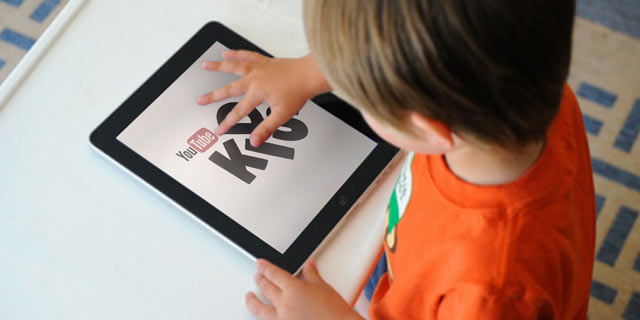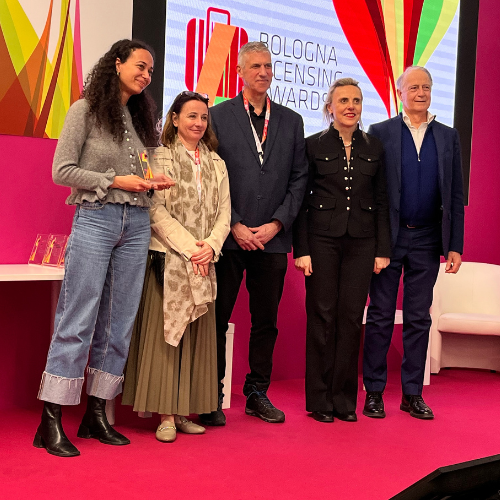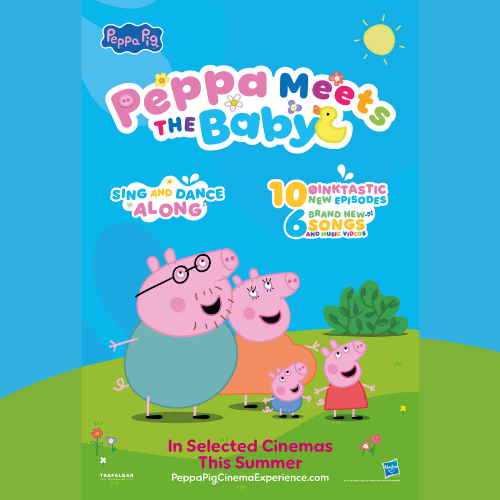Licensing Link’s Ian Wickham on how brands like Little Baby Bum are perfectly placed.
As viewership and engagement with Little Baby Bum continues to increase (it is on the cusp of nine billion views and, in The Wheels on the Bus, has YouTube’s number one video ever in terms of actual view time when it overtook Psy’s Gangnam Style towards the end of last year), it is easy to see why the property has every opportunity to succeed in licensing when you delve into which generations and who are engaging with social media and digital platforms.
It is widely acknowledged that millennials are the first real generation to have grown up surrounded by technology and they are the ones who, up until now, have utilised it the most. Millennials, though are now having children of their own – Generation Zs – and it is this group of individuals along with their millennial parents, who are leading the way in how, when and where we use the internet.
2016 research from the GlobalWebIndex and WeAreSocial along with the 2015 Google Consumer Barometer highlight the staggering changes in use and penetration here in the UK as social and digital becomes something we seem to not be able to live without. The UK now has 92% internet penetration versus the global average at 46% and 77% of the total population will have bought something online in the last month alone. Mobile usage is where the significant changes have taken place (up 21% YOY vs 2015) and this now accounts for 39% of total global usage.
Both millennial and Generation Z’s preferred technology is the mobile (portable, instant and with modern download speeds so much faster, then this is the most efficient way of engaging – just wait until 2020/5 when 5G is introduced) and research suggests that by 2019, mobile will account for more daily online activity than that of any other devices combined.
In 2010, the mobile share of web traffic was 2.9%. Today, it is 38.6% and the surge in m-commerce marketing campaigns has jumped by more than 50% as businesses start to understand this is where the action is now that over half the global population has a mobile phone.

These are statistics highlighting a change. Driven by the millennials and those now classified as Generation Zs, mobile is changing peoples fundamental connective behaviour. Within that, engagement with media, talent, entertainment, lifestyle and influencers has fundamentally changed too. The UK average for time spent online is in excess of five hours per day, per capita. Time spend in the traditional TV environment is two hours 46 minutes, per capita.
We have become an impatient race. We want information, details, our favourite shows and to be entertained at the click of a button, no matter where we are.
In the case of Little Baby Bum, this could be a millennial mum or dad on a bus or train, in a car, a supermarket or out walking trying to pacify, soothe, engage, delight his/her Gen Z baby. It delivers an instant solution. You can’t do that with a traditional TV show in the same way. Why are prices of 4K HD and higher TVs tumbling even though they are filled with more and more technology and amazing screen clarity? It’s because they aren’t portable. They aren’t mobile. They aren’t wanted, or needed in today’s society. How many millennials own a TV? To them, it is an obsolete format.
How we engage with content is changing – significantly – and it won’t change back. Digital delivery on portable platforms is absolutely the way forward in harnessing that engagement and Little Baby Bum is in prime position.
What does that mean for licensing? Well, every child wants to immerse themselves in the world of their favourite characters, no matter how the entertainment content has been delivered – so for Little Baby Bum, it is very strong. It is a digital property with two new episodes every week, viewed on YouTube, any time, any place, anywhere and by the audience targeted.
With almost nine billion views and 7.5 million subscribers predominantly within the last two years, then now is the time to really get involved.
References: Digital in Social 2016 (WeAreSocial, 2016); Global Web Index, 2016; John Waldron, 2016; Google Consumer Barometer, 2015; The Register, 2014; Statista.com, 2016.
Ian Wickham is a director of brand extension and licensing agency, Licensing Link. He can be contacted on 07540 122077 or by emailing ian@licensinglink.net.

































